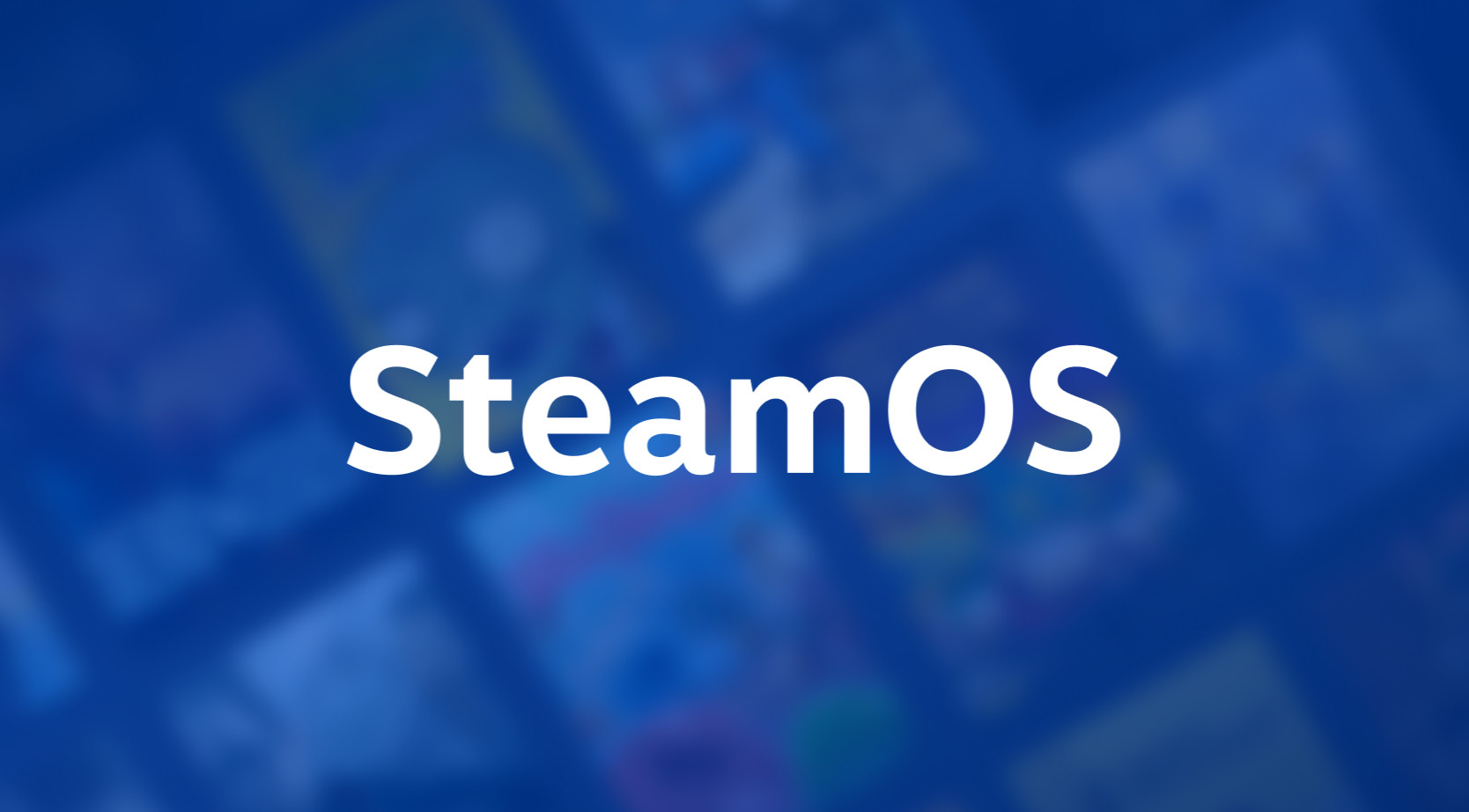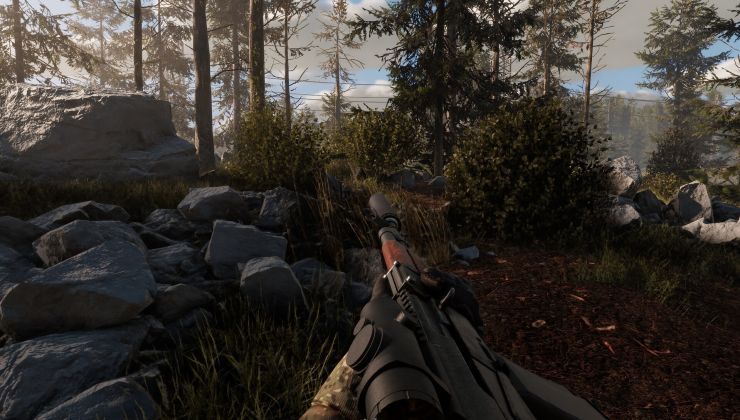With Ubuntu 20.04 "Focal Fossa" being released in the next few months, the team over at Canonical are looking for a little help testing their updated Steam package.
To be clear, this is only for the 20.04 release, they're not looking for feedback for earlier versions of Ubuntu.
It's not a drastic change to the Steam package with it pulling in an update from Debian, but this newer build does have updated udev rules for some devices. Canonical also did some of their own tweaks for NVIDIA due to the differences between Ubuntu and Debian.
You will need to use a temporary PPA which will be removed when the test is over, found over here. They need people to try clean installs without any Steam, upgrading from an existing Steam install and purge removals of the steam package. Additionally, testing with a Steam Controller and supported VR devices would help them too.
This is your chance to help ensure the next major version of Ubuntu has a good working Steam package.
You can see their post about it here for the full details.
Quoting: cusa123I would love to try the vr but it is impossible with a single viewer htc vive pro or valve index too expensive.Give it a while longer, they will get cheaper. More and more "budget" headset will arrive.
And maybe valve will sell of there index or make a cheaper version, vr are still a new cool thing.
And The vive cosmos just got a cheaper headset called vive cosmos play, and its alot cheaper then the original cosmos.
Quoting: ZeloxThe problem is that budget headsets (especially the crappy phone ones) give VR a terrible reputation. Even going for the original Vive now would probably drive me nuts.Quoting: cusa123I would love to try the vr but it is impossible with a single viewer htc vive pro or valve index too expensive.Give it a while longer, they will get cheaper. More and more "budget" headset will arrive.
And maybe valve will sell of there index or make a cheaper version, vr are still a new cool thing.
And The vive cosmos just got a cheaper headset called vive cosmos play, and its alot cheaper then the original cosmos.
I did a test between the Index and the Vive Pro, and have to say that while the Vive pro is great for its rich blacks. I think Valve made the right move to LCD because you can definitely tell the text is clearer, even though they are the same resolution.
Hopefully the continued competition drives the prices down more.
Quoting: ZeloxThe problem is with linux we barely have scopes and no competition. At the time I was hoping that dell would pass his vr to linux but it was nil.Quoting: cusa123I would love to try the vr but it is impossible with a single viewer htc vive pro or valve index too expensive.Give it a while longer, they will get cheaper. More and more "budget" headset will arrive.
And maybe valve will sell of there index or make a cheaper version, vr are still a new cool thing.
And The vive cosmos just got a cheaper headset called vive cosmos play, and its alot cheaper then the original cosmos.
Also from what I understand cosmo is only compatible with w10.
The problem is that we were left out of vr linux.
Quoting: slaapliedjeThe problem is that budget headsets (especially the crappy phone ones) give VR a terrible reputation.I disagree - I have PlayStation VR and for a "cheap" virtual reality headset, it's pretty good (yes I have compared it to the HTC Vive Pro - I work in a family entertainment center and we use them in a commercial context).
In all honesty, the only problem with my PlayStation VR is that the resolution is "just" 1080p and unlike the Vive Pros, I find that I get motion sickness / headaches pretty easily, which by my understanding, is mostly due to the refresh rate of the headset... That's a very minor point to address in a future product.
Okay, PlayStation VR is designed to run only on Sony "PlayStation 4" products - but it's still a virtual reality headset competing for the same space, so I guess it's a step in the right direction...
I'm actually surprised no one has managed to get PlayStation VR working under Linux-based operating systems yet - aside from the fact that the "PlayStation 4" products run a FreeBSD-based operating system (which in many ways is very similar to other "'nix" based operating systems), it actually uses "standard" connections (USB and HDMI).
Interesting side note, PlayStation VR works as a giant screen - without the "virtual reality" part - under Linux-based operating systems "out-of-the-box" (like every good geek, this was the first thing I tried when I bought my PlayStation VR)!
Last edited by Cyba.Cowboy on 23 Feb 2020 at 12:49 am UTC
Maybe I will try to install it again.
Quoting: fagnerlnI tried to install on virtual box before any big change on my hdd, and the installation was a little weird, taking a lot of time and installing and removing just after some packages. The VM have enough RAM, storage and all cores enabled.If you create a new VM with virtual box standard settings in the wizard you will get a dynamically sized disk up to the limit you specify.
Maybe I will try to install it again.
The initial size is much smaller and used all up after a new OS install, doing upgrades and installing new programs will be very slow right after as the disk is growing bigger, especially on a hdd.
That is my experience and sounds what happened to you.
After a while the actual used disk size will be big enough and you get a much better performance from the filesystem.
Quoting: Cyba.CowboyPSVR isn't the cheap ones I was referring to. I was talking about the sub-100 dollar ones you put your Phones into. Ha, I literally bought my PSVR to watch 3D Movies on because it is supported right out of the box and you have to do janky things on the PC to get them to work.Quoting: slaapliedjeThe problem is that budget headsets (especially the crappy phone ones) give VR a terrible reputation.I disagree - I have PlayStation VR and for a "cheap" virtual reality headset, it's pretty good (yes I have compared it to the HTC Vive Pro - I work in a family entertainment center and we use them in a commercial context).
In all honesty, the only problem with my PlayStation VR is that the resolution is "just" 1080p and unlike the Vive Pros, I find that I get motion sickness / headaches pretty easily, which by my understanding, is mostly due to the refresh rate of the headset... That's a very minor point to address in a future product.
Okay, PlayStation VR is designed to run only on Sony "PlayStation 4" products - but it's still a virtual reality headset competing for the same space, so I guess it's a step in the right direction...
I'm actually surprised no one has managed to get PlayStation VR working under Linux-based operating systems yet - aside from the fact that the "PlayStation 4" products run a FreeBSD-based operating system (which in many ways is very similar to other "'nix" based operating systems), it actually uses "standard" connections (USB and HDMI).
Interesting side note, PlayStation VR works as a giant screen - without the "virtual reality" part - under Linux-based operating systems "out-of-the-box" (like every good geek, this was the first thing I tried when I bought my PlayStation VR)!
The Valve Index at 120hz is what it sounds like you need.
Edit: I watched the full talk by one of the hackers that got Linux working on the PS4. He said it is very not-PC, as it is missing a lot of architecture bits that are assumed to be present on a PC. I thought there was a special connwction that goes from the PSVR box to the PS4, but not sure, I would have to look at mine. But still, PSVR is still kind of crap compared to the Vive and beyond.
Last edited by slaapliedje on 24 Feb 2020 at 4:16 pm UTC
Quoting: cusa123The Index and Vive both work fine on Linux. Oculus had Linux support until Facebook bought them from what I understand.Quoting: ZeloxThe problem is with linux we barely have scopes and no competition. At the time I was hoping that dell would pass his vr to linux but it was nil.Quoting: cusa123I would love to try the vr but it is impossible with a single viewer htc vive pro or valve index too expensive.Give it a while longer, they will get cheaper. More and more "budget" headset will arrive.
And maybe valve will sell of there index or make a cheaper version, vr are still a new cool thing.
And The vive cosmos just got a cheaper headset called vive cosmos play, and its alot cheaper then the original cosmos.
Also from what I understand cosmo is only compatible with w10.
The problem is that we were left out of vr linux.
anyone who owns the game and have it working please tell me your solution









 How to setup OpenMW for modern Morrowind on Linux / SteamOS and Steam Deck
How to setup OpenMW for modern Morrowind on Linux / SteamOS and Steam Deck How to install Hollow Knight: Silksong mods on Linux, SteamOS and Steam Deck
How to install Hollow Knight: Silksong mods on Linux, SteamOS and Steam Deck